Sneak peek: How do you choose toys for a gift? It seems simple, but with the endless array of choices, it can be challenging. Using a few child development hints, you can choose toys that your kids will love for years to come.
I’ll be honest—last Christmas we made a big mistake. We bought our boys toys that were not great choices. There’s no sugar-coating it; we just did. We thought we knew how to choose toys for a gift, but looking back, they were less-than-stellar choices.
We had thought about what to get them, but in the end, we sort of caved to last-minute pressure. Although I have book knowledge about guided play and child development, we still chose items that were too much, too short-lived, and not long-lasting.
First, there was the gigantic Lego set that our older son so loved, but it was such a task to put it together that he swore never to take it apart again. So now it sits, lonely and untouched, on his dresser. Now, don’t get me wrong, we LOVE Legos in our house. They foster such imagination and spatial skills like no other toy. But if the set is never used again, its use becomes limited.
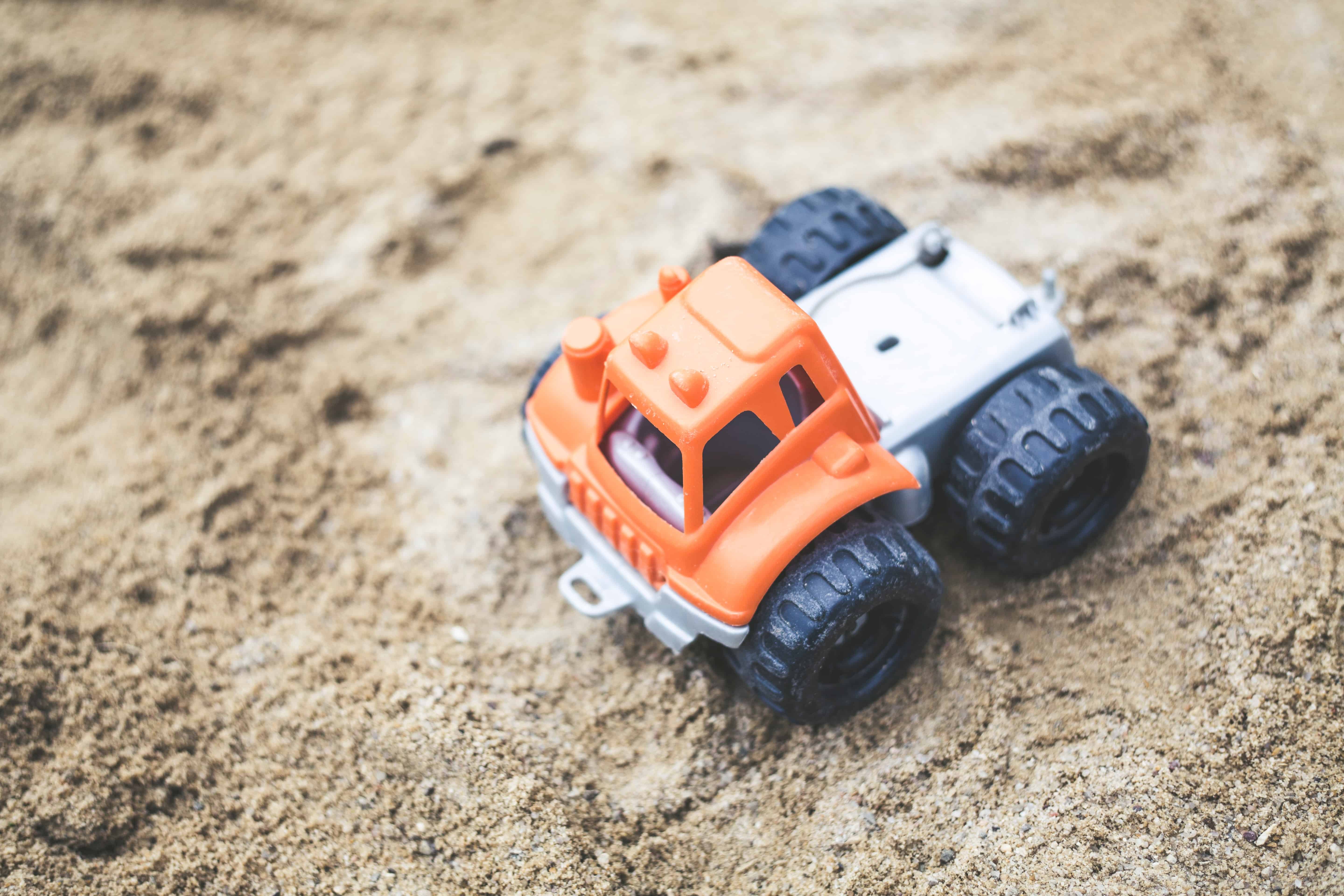
{This post contains affiliate links. Purchasing through these links helps support this blog at no added cost to you}
Then there was the slot car track we thought our younger son would love. He did like it…for about a week. Then the fascination of racing cars with friends or his brother wore off. It took up an insane amount of space in our playroom so we dismantled it, and it hasn’t been used since.
Does this sound familiar?
Even with all my training in child development, choosing toys for a gift for your children is still challenging at times. It’s difficult to balance what they actually want (or what’s trendy) with what you know to be better choices based on your values. We try not to foster too much consumerism in our home, but it is difficult to turn down those pleas for the “cool” toy that all their friends are supposedly getting. As parents, we are often motivated by noble intentions—we want to see those smiles and excitement on our kids’ faces when they open that gift. It’s often hard to remember that those smiles are often short-lived if the gift choice is not made in a thoughtful way. Choosing the best toys by age and long-term interest is key.

Issues to Consider: How to Choose Toys for a Gift
As I’ve said many times on this blog, play is the engine of learning in early childhood. Play-based learning is the primary way kids learn when they are young. Little kids really don’t absorb a lot from worksheets or being lectured at for long periods.
Thus, figuring out how to choose toys for a gift can really play an important role in learning…and fun. Here are a few things to consider when thinking about why it’s important to choose toys that are appropriate for a child’s developmental age:
Safety
This seems like an obvious concern, but every year, many toys are taken off the market because they are found to be unsafe. It’s helpful to take a look at the age guidelines on the toy package, but also consider the abilities and habits of your individual child.
For example, if a toy is labeled 3+, then the manufacturers usually assume kids are past the age of putting items in their mouths. However, if you know that your child tends to put things in their mouth frequently, then small items are not the best choice. Most choices are simply common sense, but it never hurts to reiterate safety issues.
Interest
Choosing a toy that your child is interested in seems obvious too; however, this can often be challenging. Depending on your child’s age, their interest might be short-lived or they may only be interested in the toy because it’s this year’s fad. Take some time to understand why they like a certain toy on their list, and if you think it will have long-term value. In the end, this could save you a lot of disappointment (and money).

Learning
Not all toys have to be “educational,” but it is worth considering the long-term developmental benefits of any toy you might consider choosing for your child. Most child development experts agree that “open-ended” toys tend to have the best developmental value for kids. Open-ended simply means that the child has to use their imagination or skill to work with the toy. These types of toys can be used in multiple ways and there are usually no “rules” for how to use them. It’s not a simple “push the button, it makes a sound” kind of toy. Open-ended toys include things like blocks, building toys, pretend play items, Montessori-inspired toys, fabrics, and of course, cardboard boxes, loose parts and spoons, cups, and bowls.
Toys by Age
As adults, we have the emotional maturity (at least most of the time) to look past the toy fads and make more thoughtful picks when deciding how to choose toys for a gift. This is where research can really help us. Surprisingly, quite a few studies have considered the role that specific types of toys have on developing children’s brains and skill development. Here are a few things to keep in mind when choosing the best toys by age:
Baby Toys (birth to age 1)
Limit electronic toys. Electronic toys tend to be overstimulating for babies, and they don’t have the brain development to understand all the beeping and flashing. Research has shown that traditional toys foster more interaction with caregivers and promote language development better than electronic toys. Open-ended toys for babies are best for brain development.
Traditional baby toys we love
High-contrast colors. For the youngest babies, high-contrast colors are helpful because their eyes don’t have full access to colors until about 5 months of age.
Board books are key. Little ones LOVE the sound of your voice. In fact, you are an infant’s best “toy” by far. Research tells us that certain books help foster language development more readily than others. Any reading, however, is great for babies’ brains. See my full list of the best books for babies.
Toys for Toddlers and Preschoolers
Foster pretend play. All that dress-up play, playing grocery store and doctor’s office, is wonderful for young kids’ developing brains. Pretend play is one of the best ways to help kids develop social-emotional skills since they have to stay “in character” and model the emotions of another person.
Little versions. Kids at this age love to copy the actions of adults in their lives. This is wonderful for skill-building and social-emotional skills as well. Foster this type of play by choosing kid-size versions of adult tools—toy vacuum, mops, rakes, cleaning tools, play kitchens, and even kid-size tools are all great for this type of play.
Focus on basic skills. Toddlers are still learning some basic eye-hand coordination skills like pouring, filling, and stacking. This comes in handy when considering how to choose toys for a gift. Support this aspect of development by choosing toys that encourage these skills. Open-ended toys for toddlers, like blocks, pitchers, and sand-water tables, are all great examples of toys that foster basic skills.
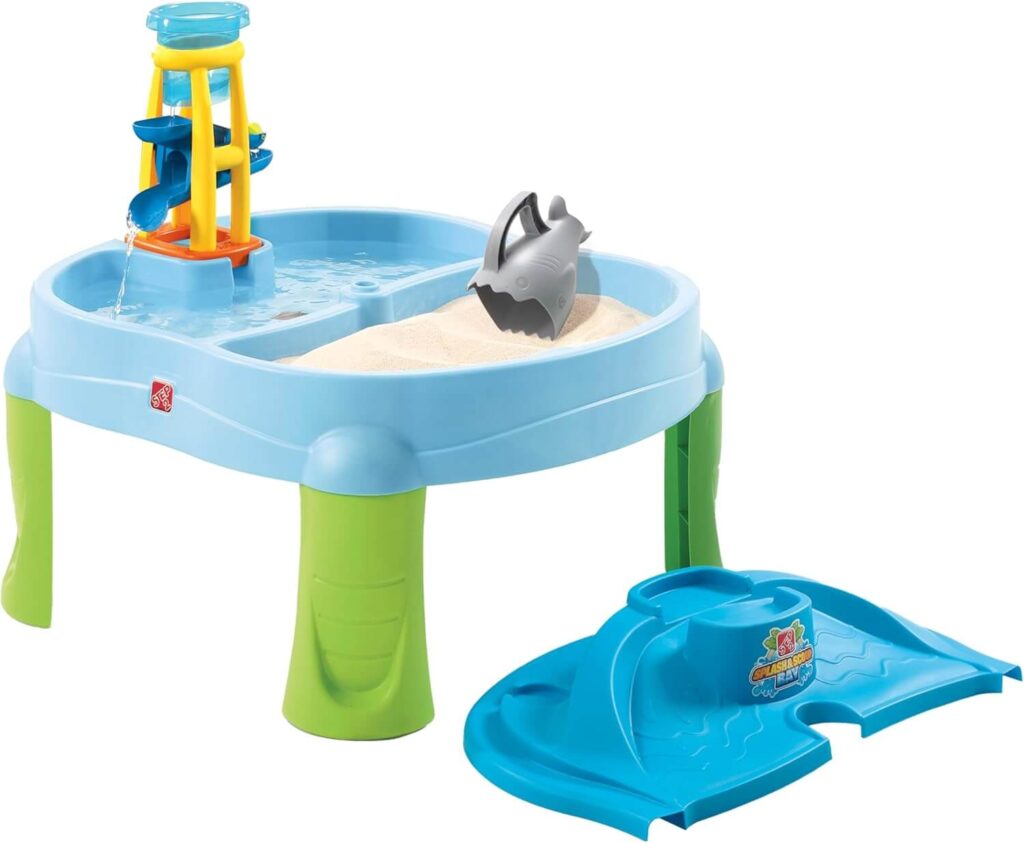
Toys for Elementary-Age and Beyond
As children start school and progress through elementary grades, their toy interests change. They have mastered many of the basic skills of stacking, pouring, and pretend play may be waning. Kids of this age are ready for more challenge and creativity in their toys. Now that they are well-versed in playing cooperatively (or perhaps competitively too) with friends, games and sports also become more interesting.
Building toys. Open-ended toys are still great at these older ages as well. Legos, of course, are the ultimate building toy for elementary-age kids but there are other great choices too. With more advanced fine motor skills, kids ages 7+ can really do some elaborate building.
TinkerToys: a classic that is still awesome for kids
Sports gear. Although I’m not a huge fan of organized sports, I have seen their appeal in my own kids, especially as they reach older ages (8+). Kids this age have a lot of energy and sports are a great way for them to use that energy in a focused, fun way. Sports can also teach great lessons about teamwork, cooperation and humility.
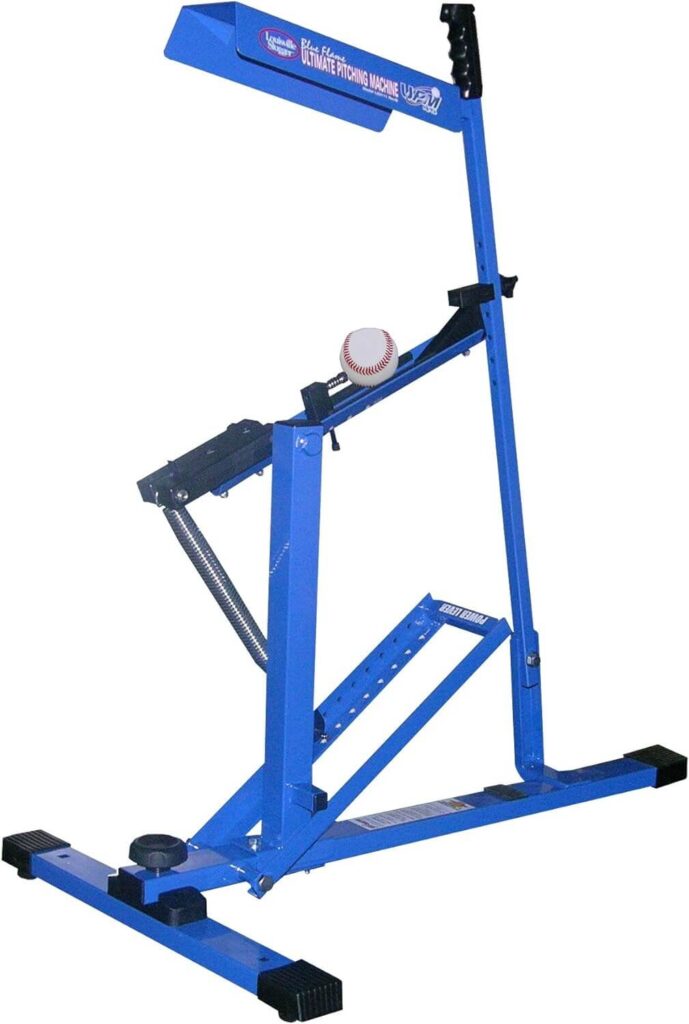
(This one has held up for years of use with my son)
Board games
Once kids reach elementary school, board games become a lot more fun for them (and you). Now that they are beyond the Candyland years, parents and kids can really enjoy family game night with more complex games. We still love the classics like chess and Monopoly in our house, but there are some wonderful newer games available too. Want to find some games that foster cooperation more than competition? See my list of games that foster cooperation.
Otrio (strategy game)
Love this article? Share it with a parent or friend!
Perfect for Pinning:


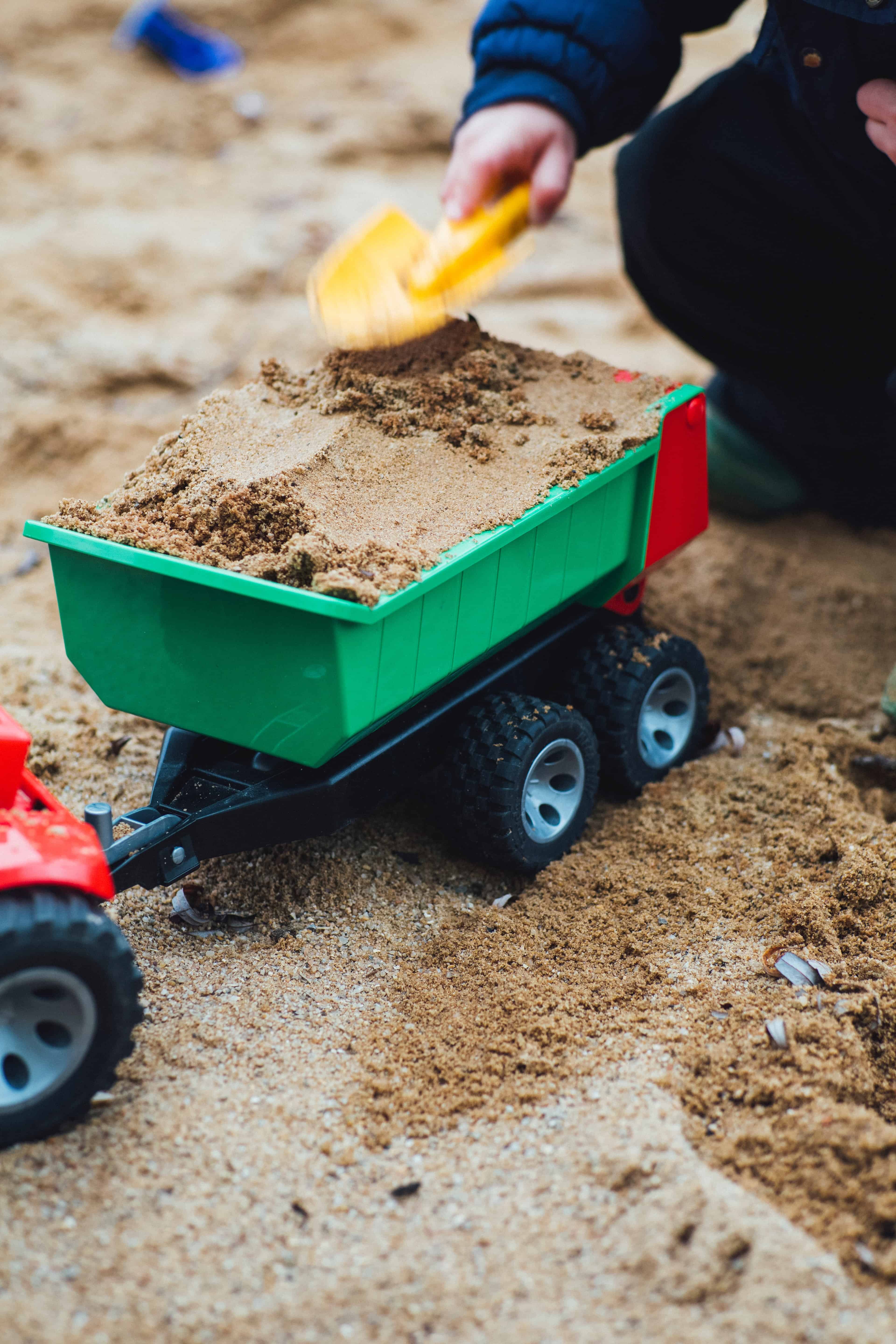
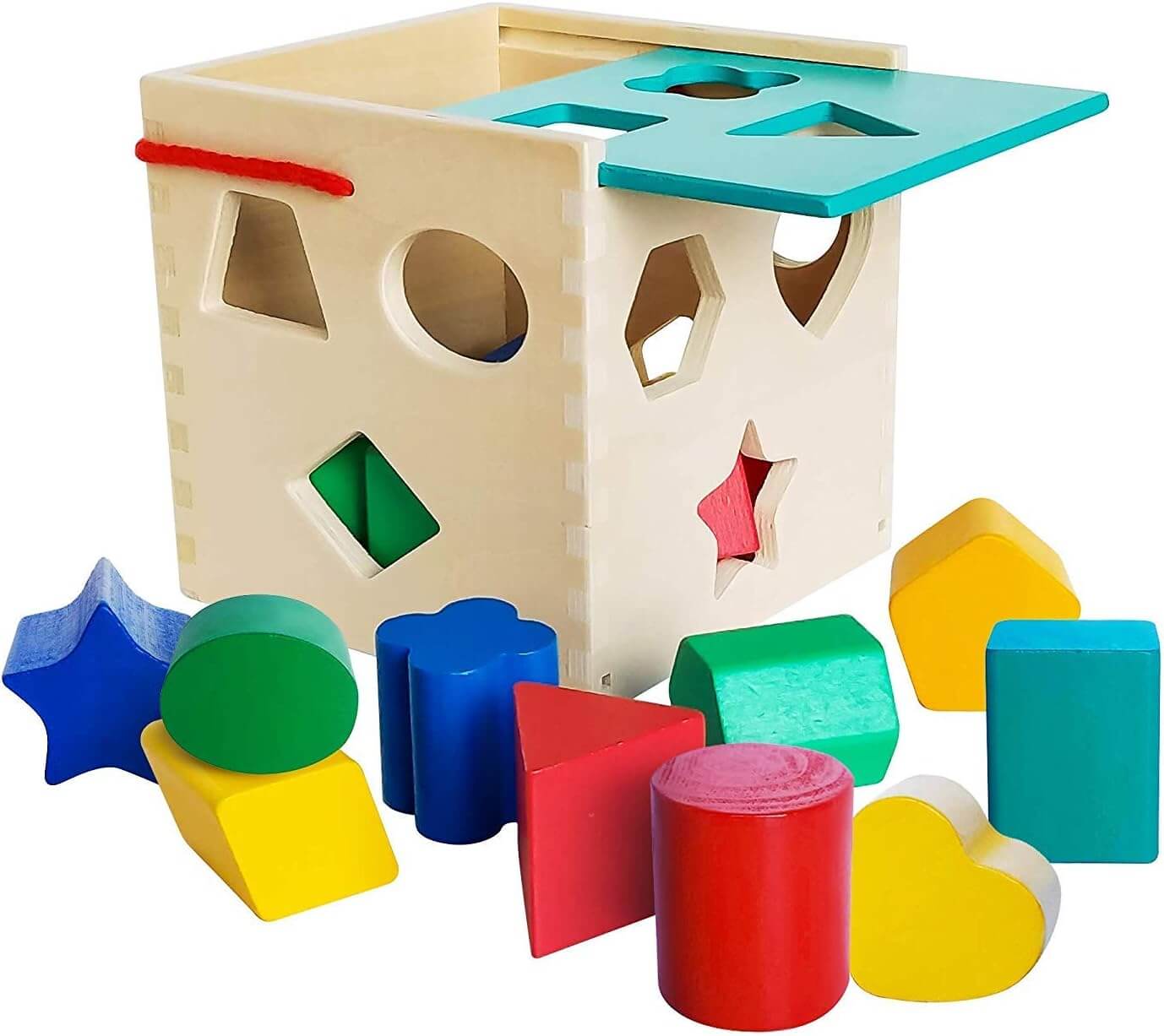
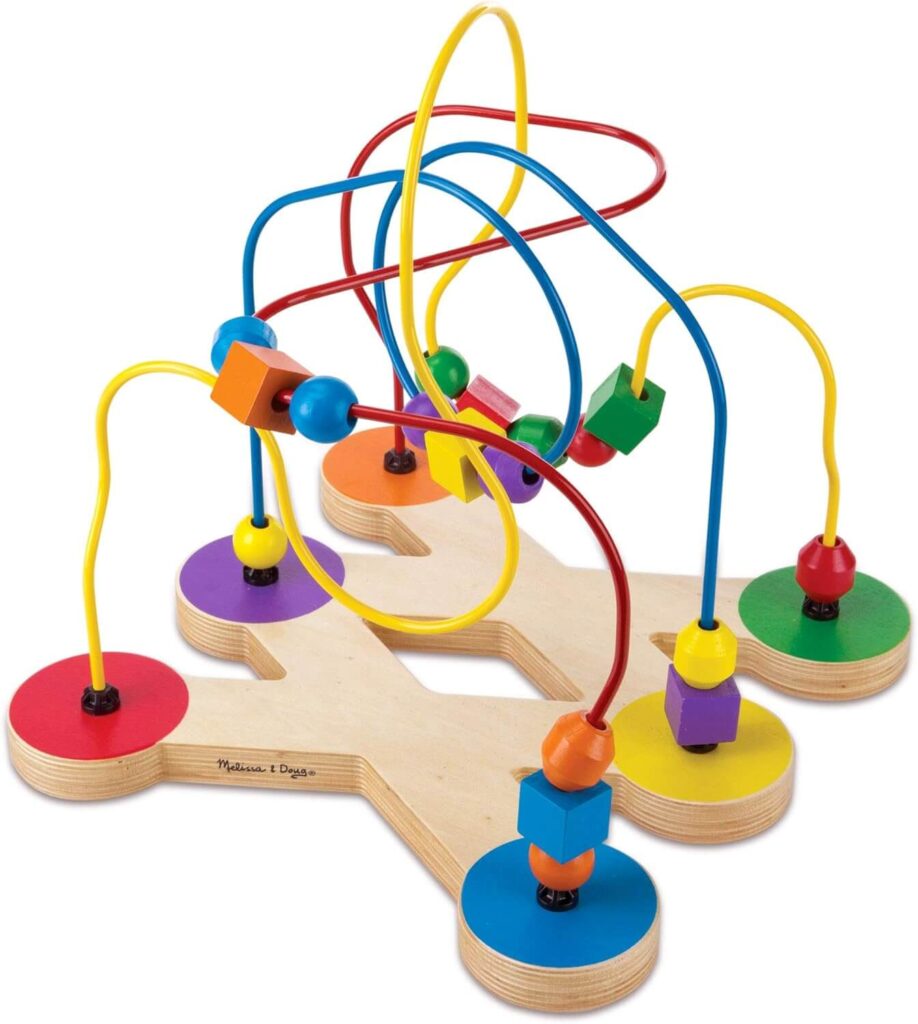
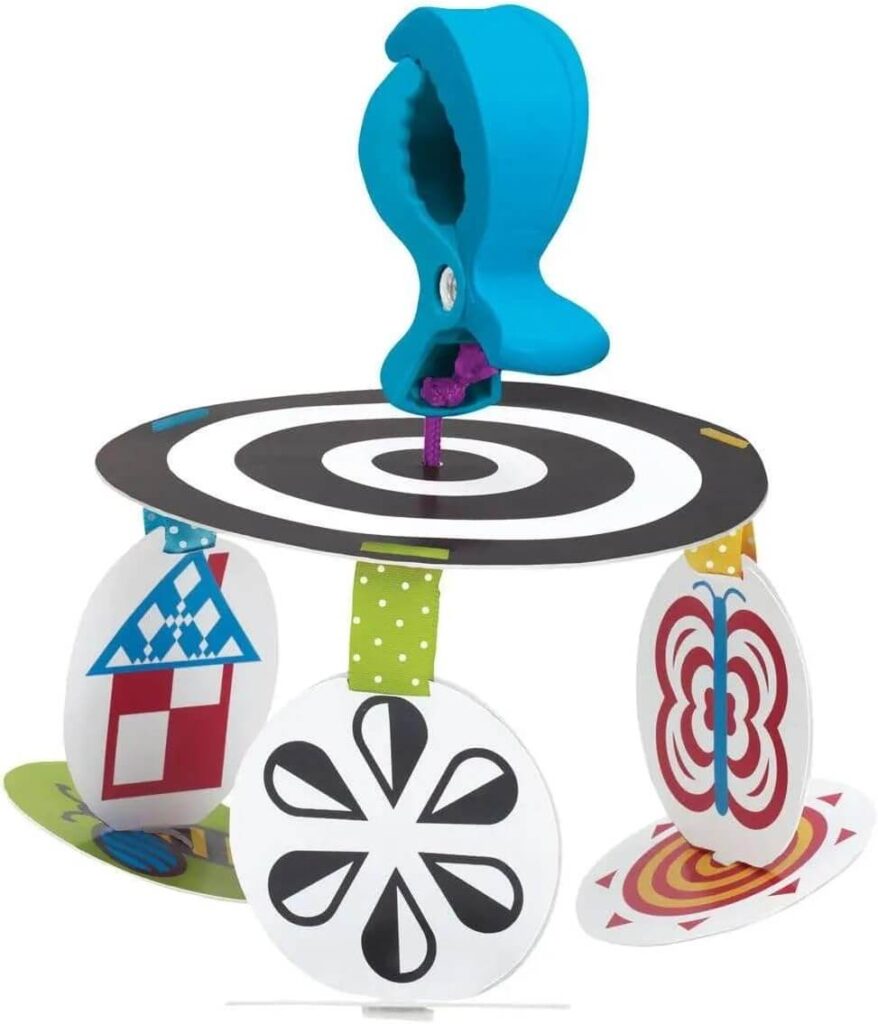
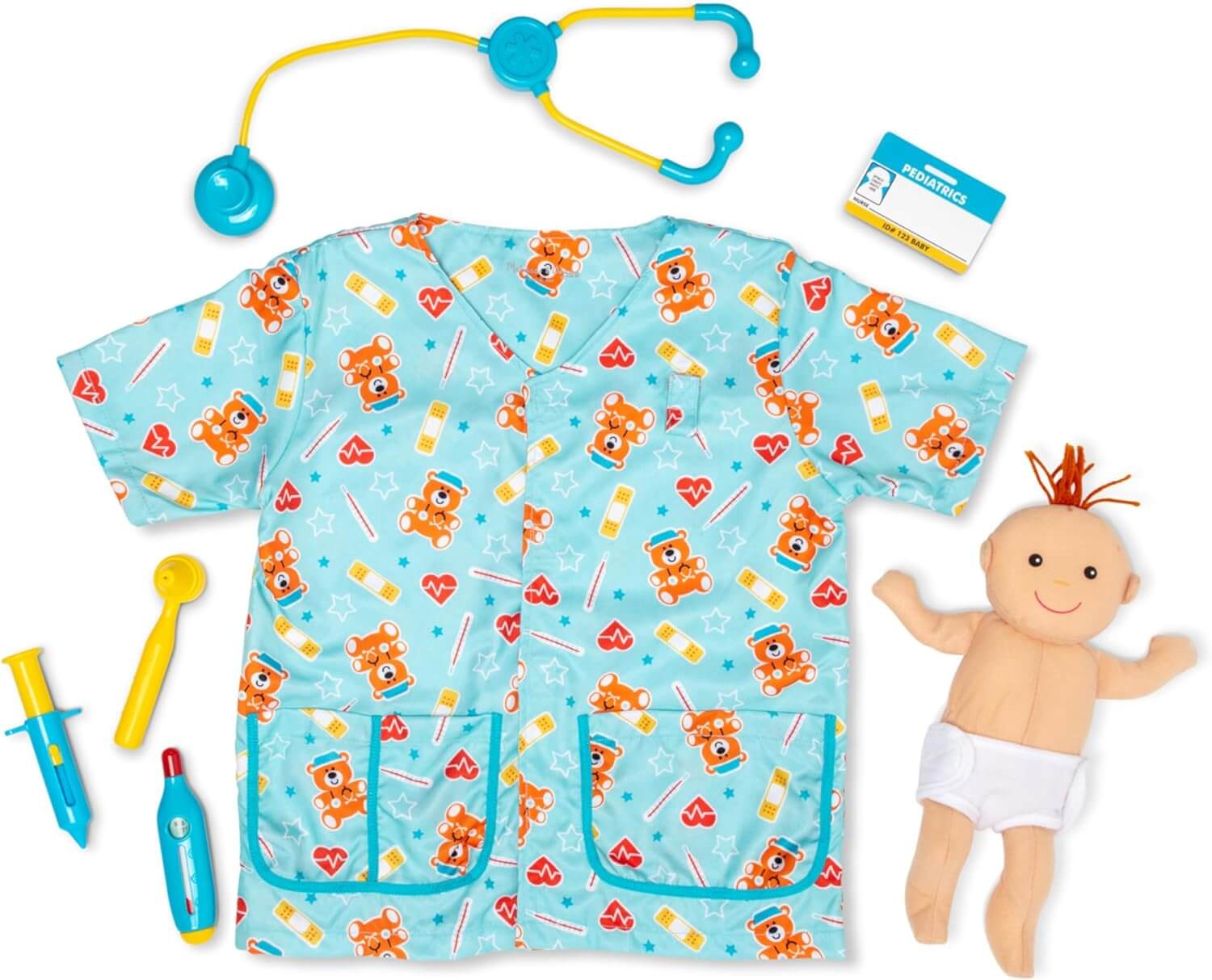

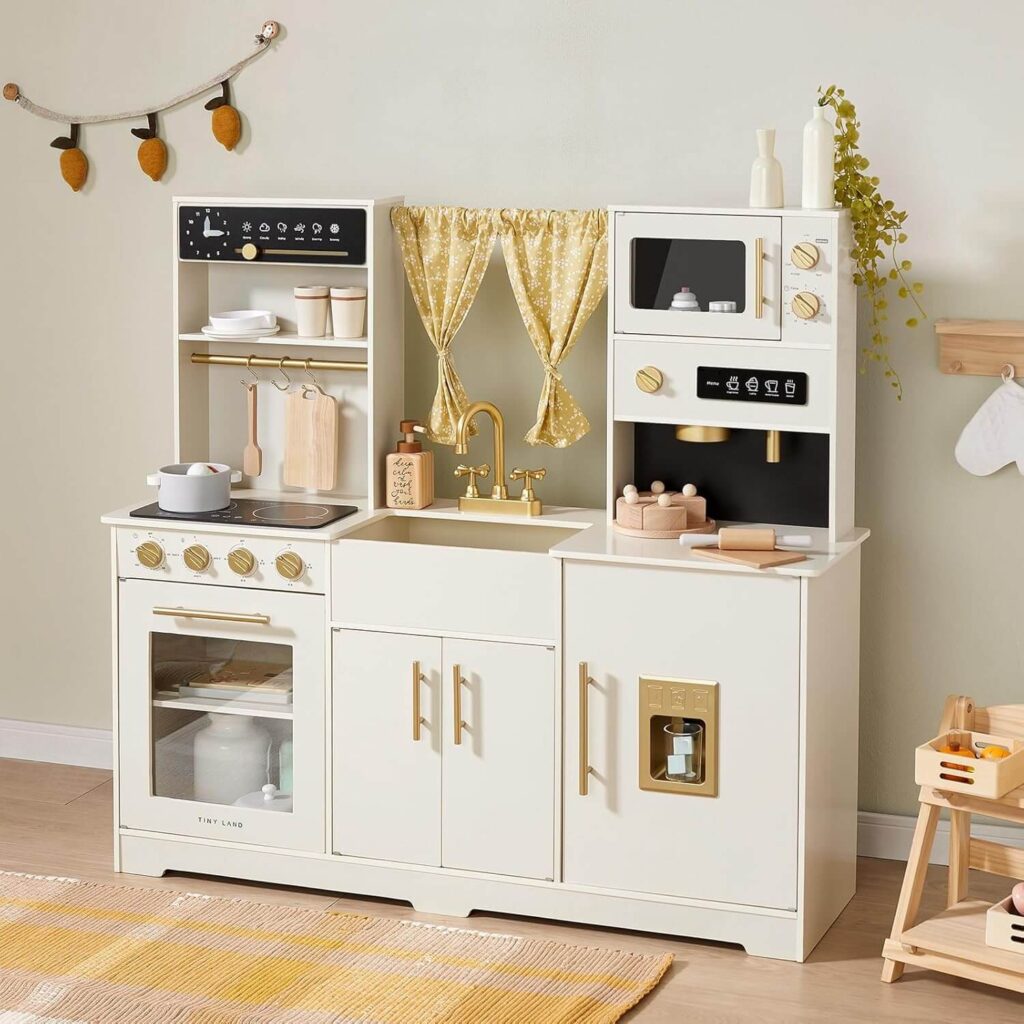
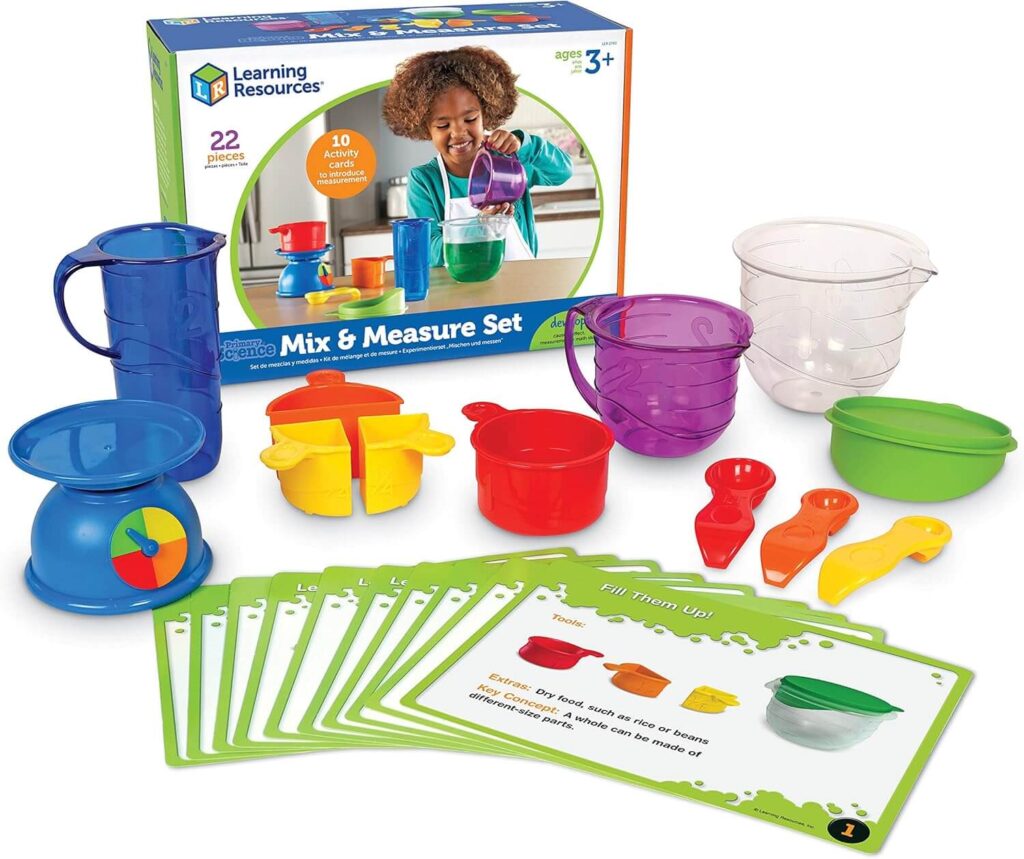

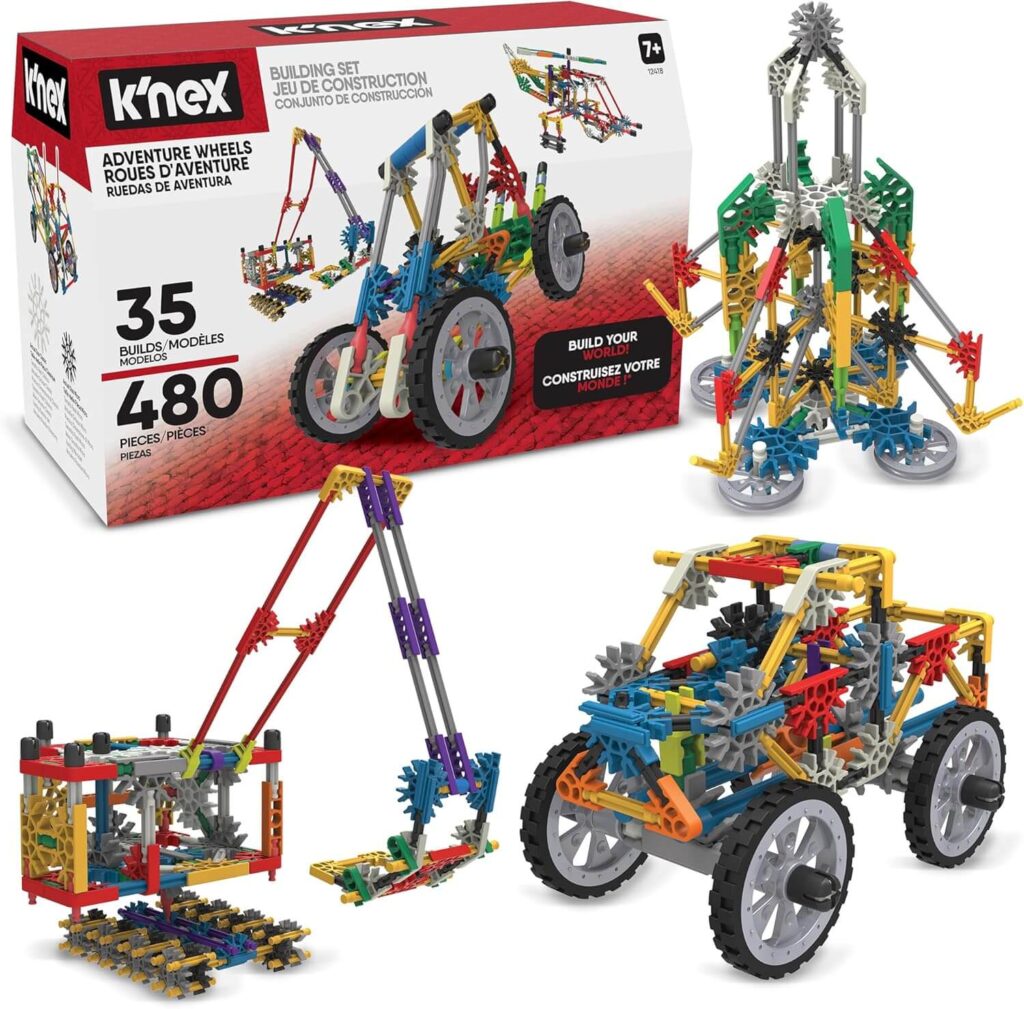
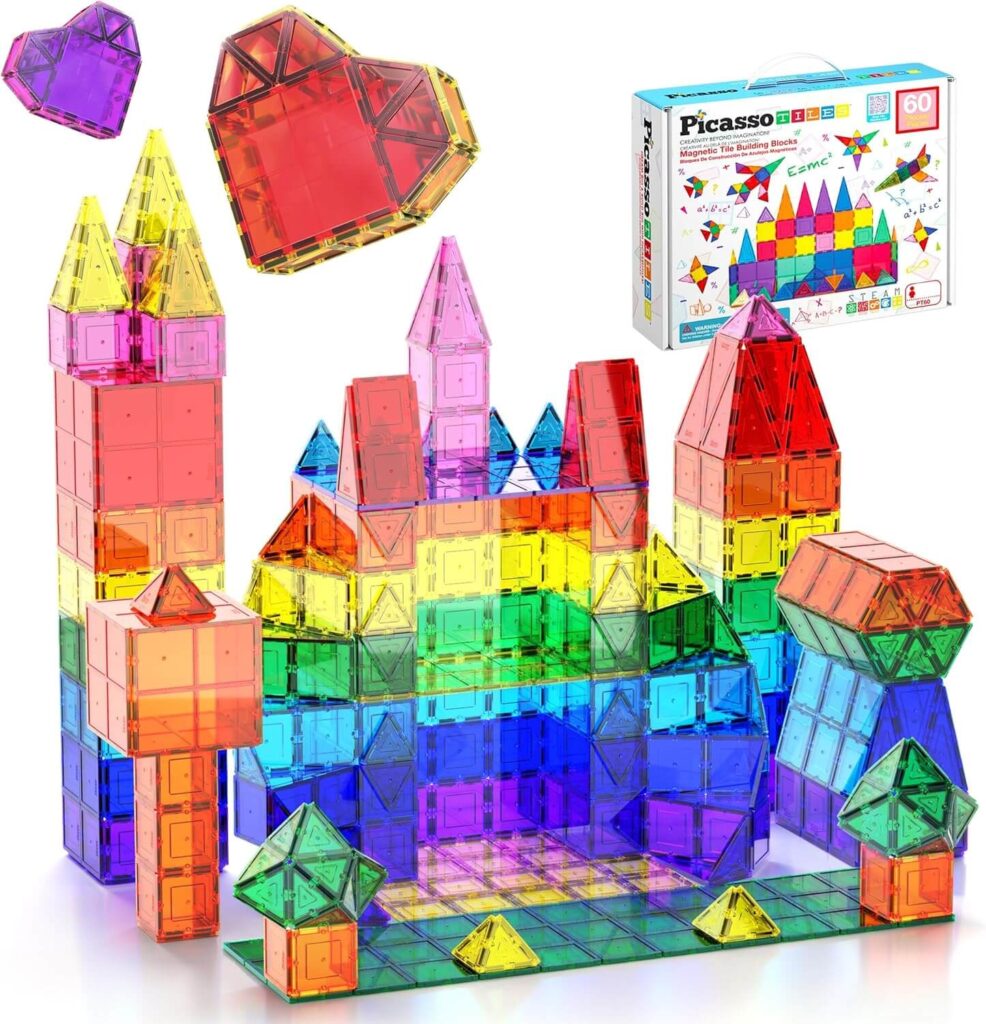
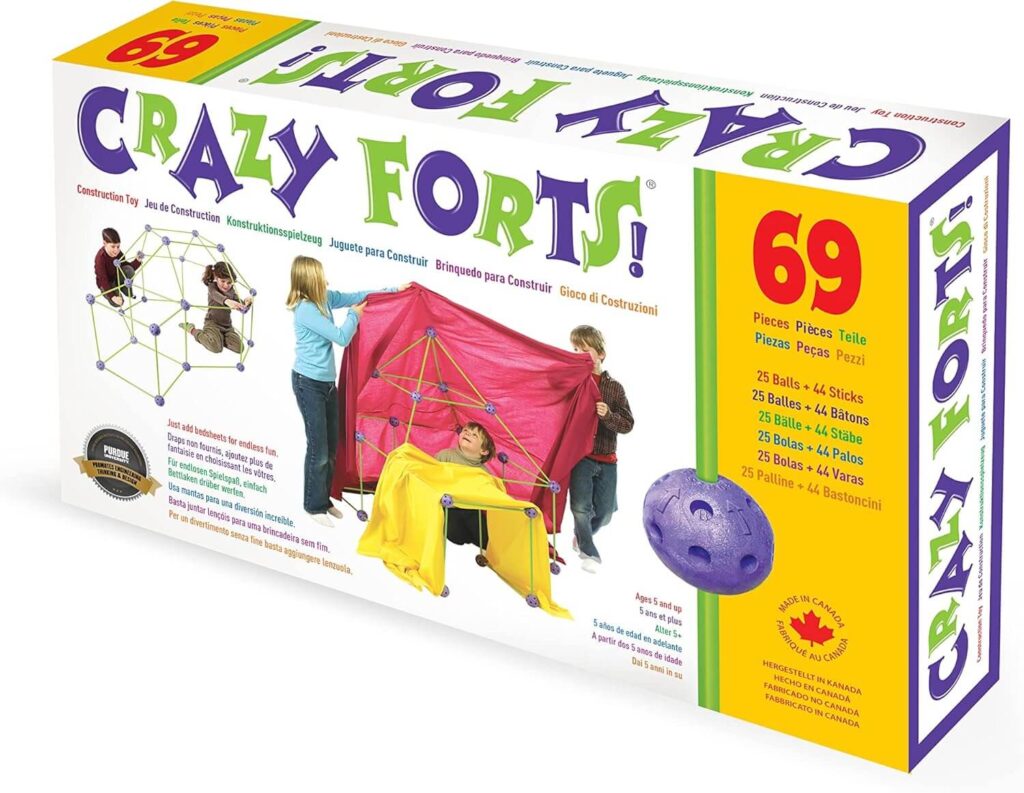
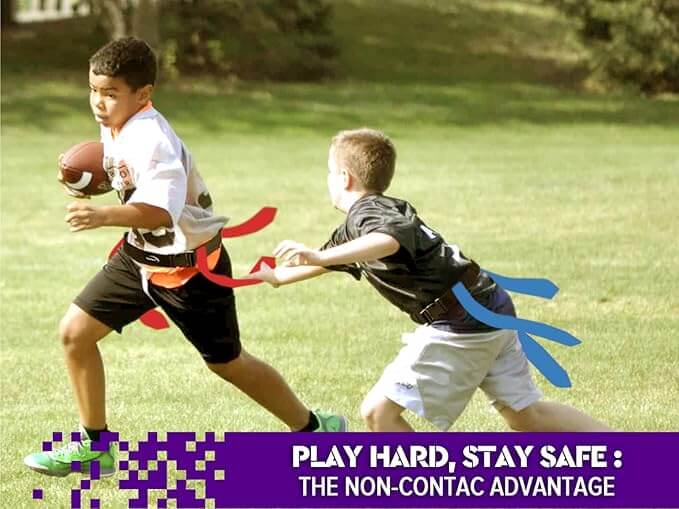
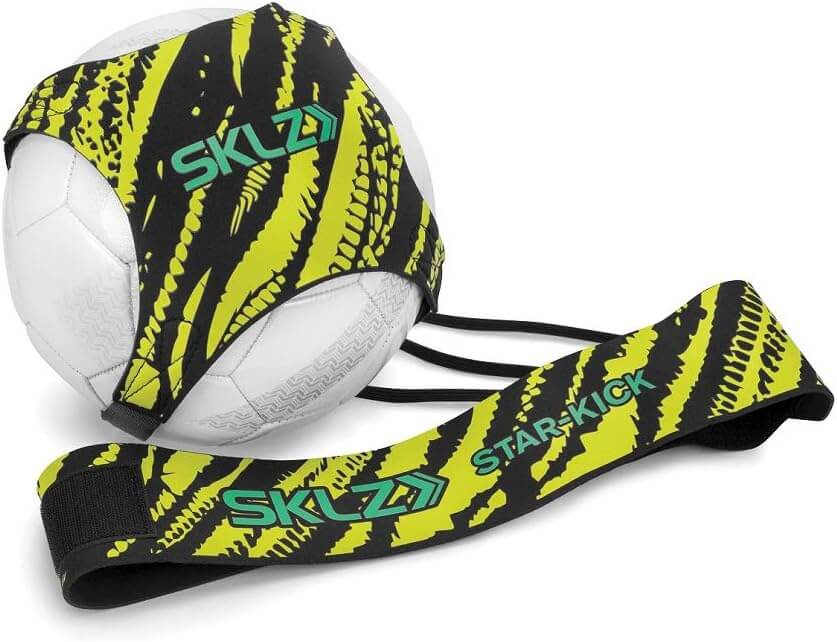
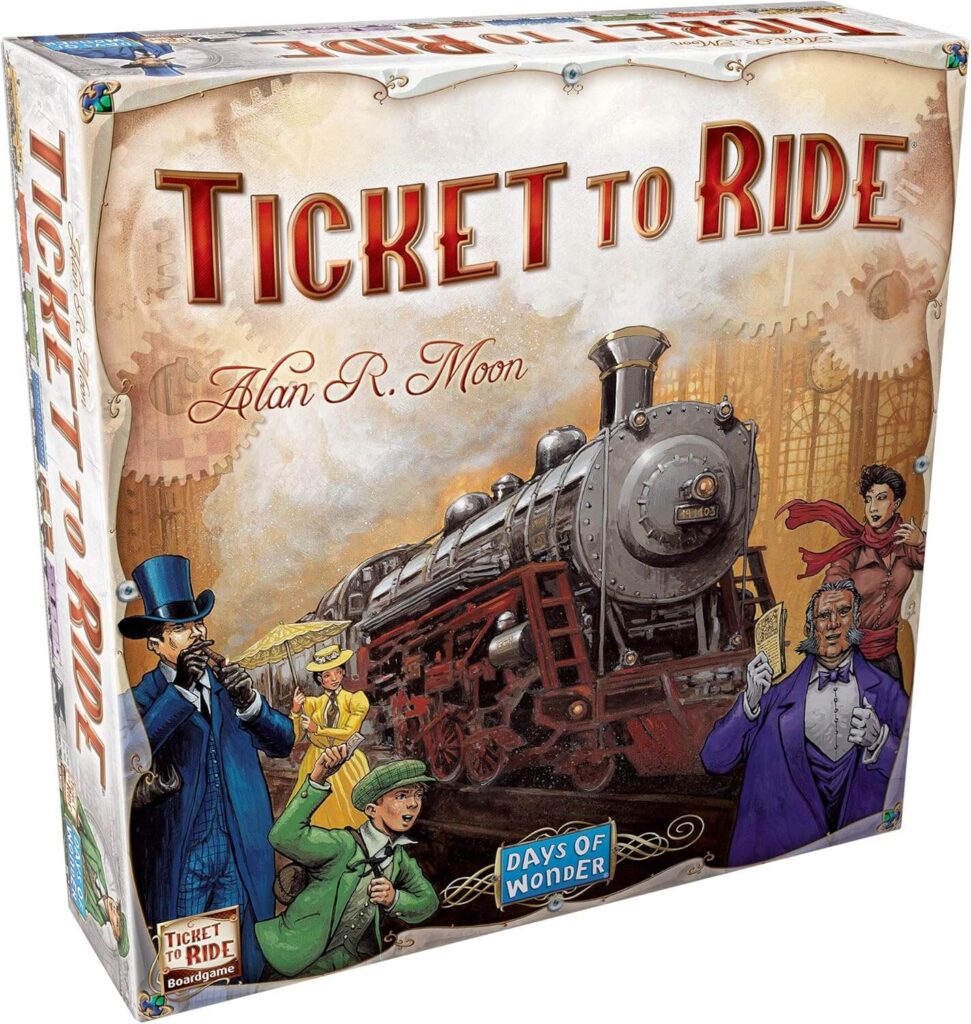
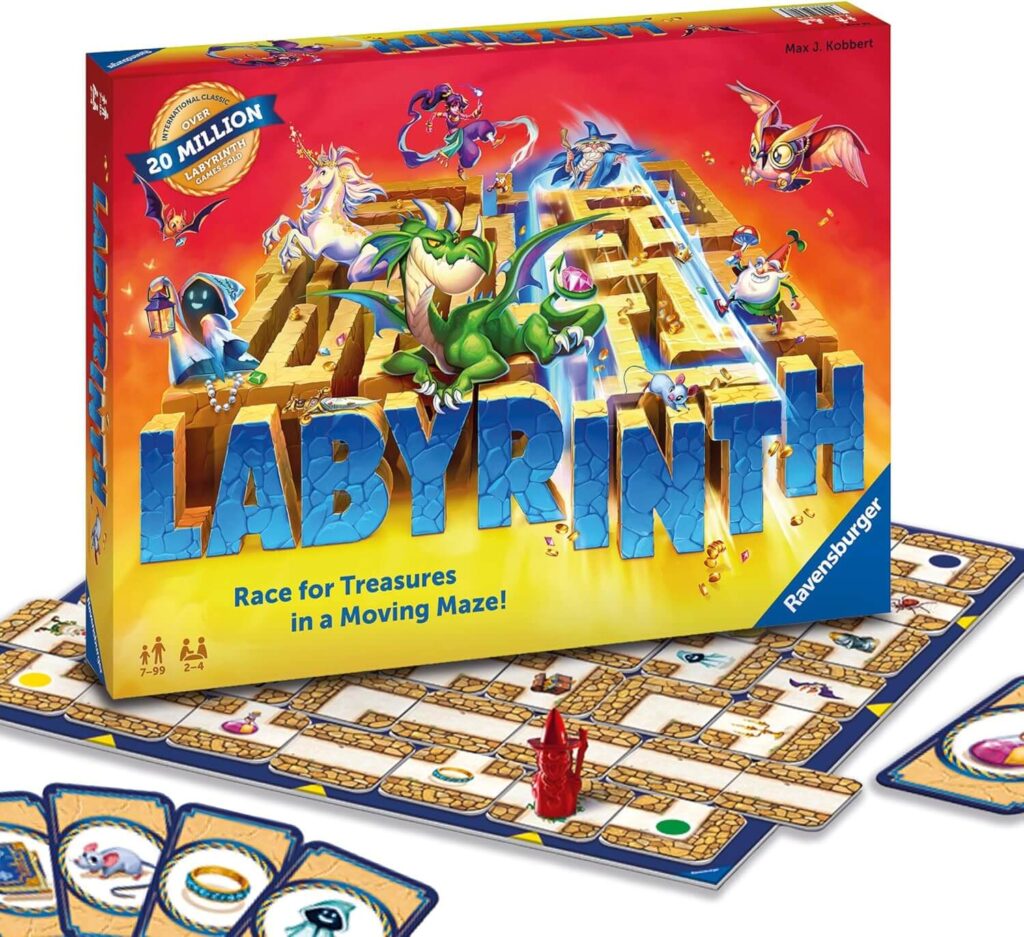
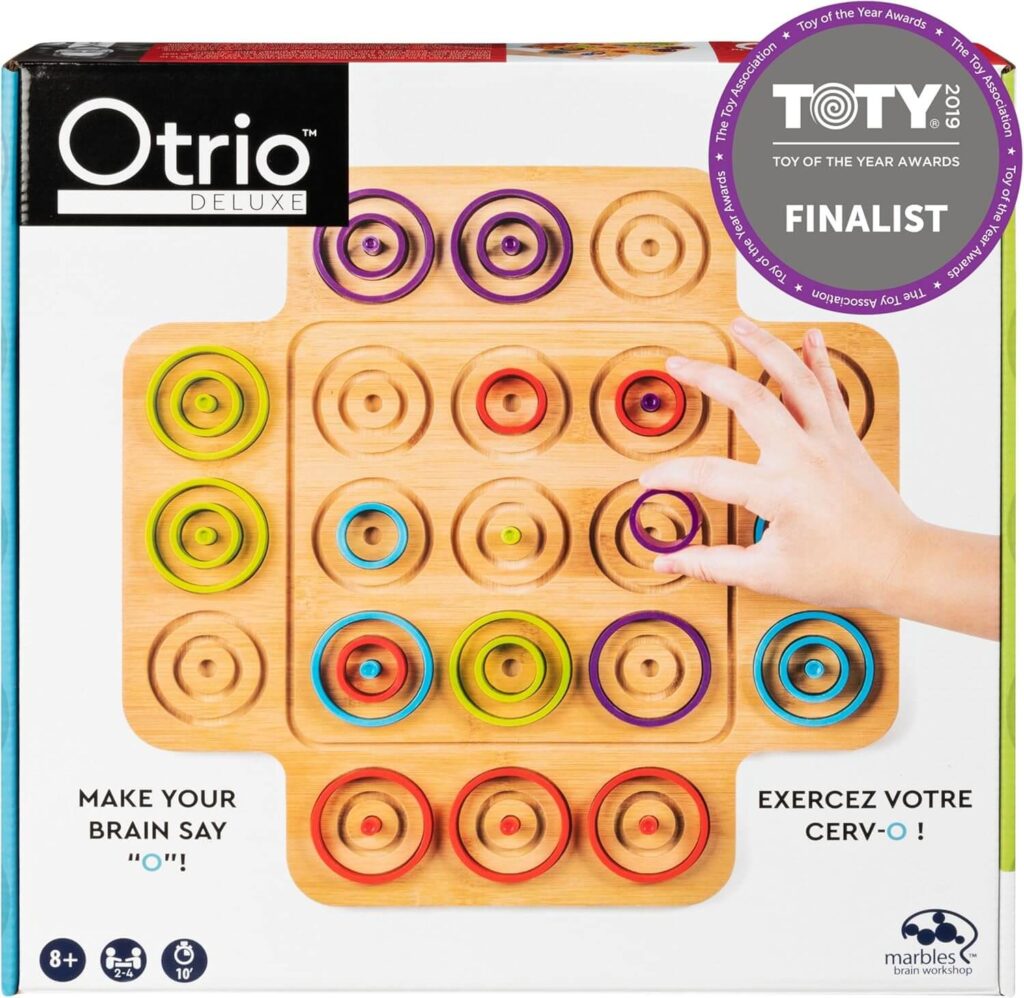
clare
oh i love the kindness elves recommendation thank you!
peter clark
Wonderful ideas!! Thank you
Ellie Davis
I loved that you mentioned you need to read the labels when looking for a toy to make sure it is appropriate for its age. My husband was thinking about buying new toys for our kids, and we are looking for advice to choose the right type. I will let him know about your recommendations to choose the right toys for our children.